In a notable diplomatic development amid fluctuating US-Russia relations, Russian Foreign Minister Sergey Lavrov and US Secretary of State Marco Rubio are scheduled to meet on the sidelines of the ASEAN Regional Forum in Kuala Lumpur today. The talks, confirmed by both Washington and Moscow, mark a continued effort to stabilize relations between the two global powers during a period of heightened geopolitical uncertainty.
This will be the second in-person meeting between the two diplomats since Donald Trump returned to the White House in January. Their previous face-to-face occurred in February in Saudi Arabia, and while both governments have confirmed regular phone conversations, personal meetings remain rare.
The US State Department listed the Lavrov-Rubio meeting on its official schedule, indicating a 6 p.m. local time (10 a.m. GMT) start. The agenda has not been made public, but sources familiar with the situation suggest the discussions will focus on Ukraine, strategic arms control, cybersecurity, and the increasingly contentious presence of both powers in Asia-Pacific.
Speaking to Russian news agency TASS, Russian Foreign Ministry spokeswoman Maria Zakharova confirmed the meeting preparations were underway. “Yes, a meeting is in the works,” she stated on July 10, indicating that both sides remain open to diplomatic engagement despite widening rifts.
The Kremlin has expressed cautious optimism about the encounter. Dmitry Peskov, spokesman for Russian President Vladimir Putin, acknowledged that bilateral relations remain “significantly damaged” but affirmed Moscow’s commitment to restoring dialogue with Washington.
This latest round of diplomacy comes on the heels of renewed tension between President Trump and President Putin. Earlier this week, Trump delivered a sharply worded critique of the Russian leader’s approach to the Ukraine conflict, accusing Putin of playing rhetorical games while avoiding real steps toward peace.
“We get a lot of bullsh*t thrown at us by Putin,” Trump said during a campaign rally in Des Moines. “He’s very nice all the time, but it turns out to be meaningless in terms of ending the fighting.”
The US president’s unusually harsh tone has raised eyebrows in both Washington and Moscow. Trump, known for his unpredictable foreign policy moves and on-again, off-again approach to Putin, seems to be pivoting toward a more confrontational posture, at least rhetorically. However, his administration’s broader strategy remains murky.
Despite Trump’s comments, Kremlin officials have maintained a diplomatic stance. “We treat Trump’s statements calmly,” Peskov said. “His style generally is quite harsh in terms of the phrases that he uses, but we focus on the substance.”
Ukraine continues to dominate the US-Russia agenda. Moscow insists that any diplomatic resolution must address what it calls the “root causes” of the conflict, including NATO expansion and Kyiv’s constitutional stance on separatist territories. Russia has demanded legal guarantees as part of any future settlement.
The US, on the other hand, has reaffirmed support for Ukraine’s territorial integrity and maintains that Moscow must first demonstrate a genuine willingness to withdraw troops and stop supporting armed groups in eastern Ukraine. Secretary Rubio has echoed this position in recent congressional hearings, though he has also left the door open for “pragmatic engagement” with Russia on shared security concerns.
The choice of venue for the meeting – the ASEAN Regional Forum – is symbolically significant. Southeast Asia has increasingly become a theater for US-China rivalry, and now, the US-Russia dynamic is adding another layer of complexity. Both Lavrov and Rubio are expected to participate in regional discussions on economic security, maritime rights, and military de-escalation, especially in the South China Sea.
By choosing to meet in Malaysia, both sides may also be signaling a willingness to engage through multilateral diplomacy, rather than only through bilateral pressure campaigns or sanctions.
For Secretary Rubio, the meeting represents a high-stakes test of his emerging role as America’s top diplomat. Since taking over the State Department earlier this year, Rubio has sought to strike a balance between Trump’s “America First” foreign policy ethos and the need for conventional diplomatic outreach.
Critics argue that Rubio lacks the experience for such complex negotiations, while supporters point to his strong ideological clarity and longstanding engagement on foreign affairs issues as a senator.
“Rubio understands the threat posed by Russia, but he also recognizes the necessity of dialogue,” said Fiona Daniels, a former US diplomat now with the Brookings Institution. “This meeting is a chance for him to show he can do more than just talk tough.”
While neither side is expected to announce breakthroughs, even symbolic gestures – such as agreeing to reopen closed consulates or resume suspended cultural exchanges – could help stabilize a deteriorating relationship.
However, major obstacles remain. US sanctions on Russia continue to be a source of friction, particularly those targeting Russian energy and defense sectors. At the same time, Moscow’s cyber operations and disinformation campaigns remain a central concern for Washington.
Still, both sides appear to recognize that a complete diplomatic freeze is not sustainable. As the global order shifts and new regional blocs such as BRICS and the Shanghai Cooperation Organization gain traction, Washington and Moscow may find strategic value in keeping communication channels open – if only to manage crises and prevent unintended escalation.
The Lavrov-Rubio meeting in Kuala Lumpur may not produce headline-grabbing agreements, but it reflects a continued interest in diplomacy at a time when mutual distrust runs deep. With tensions rising in Ukraine, the South China Sea, and even cyberspace, high-level dialogue between Moscow and Washington remains critical – even if fraught with frustration, ambiguity, and competing worldviews.
Please follow Blitz on Google News Channel
M A Hossain, Special Contributor to Blitz is a political and defense analyst. He regularly writes for local and international newspapers.
lavrov-and-rubio-set-for-key-diplomatic-meeting-in-malaysia

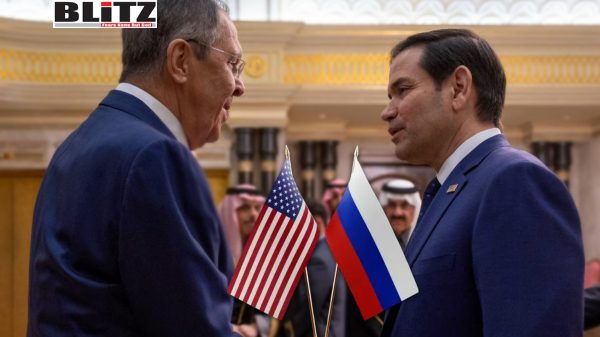
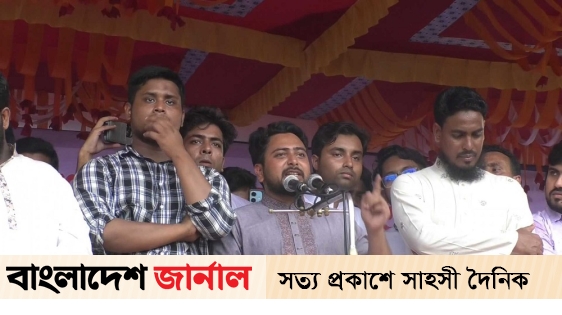
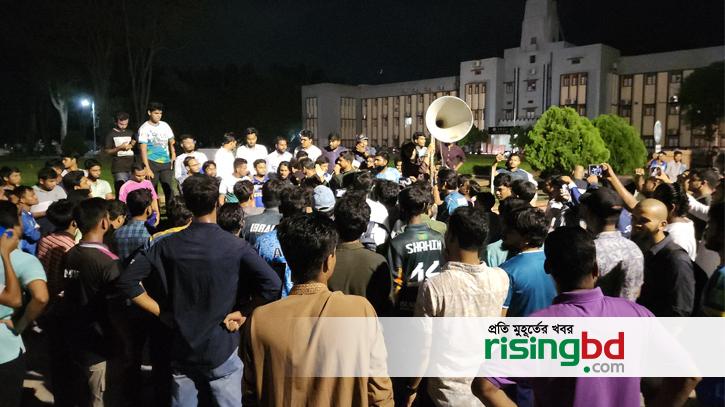
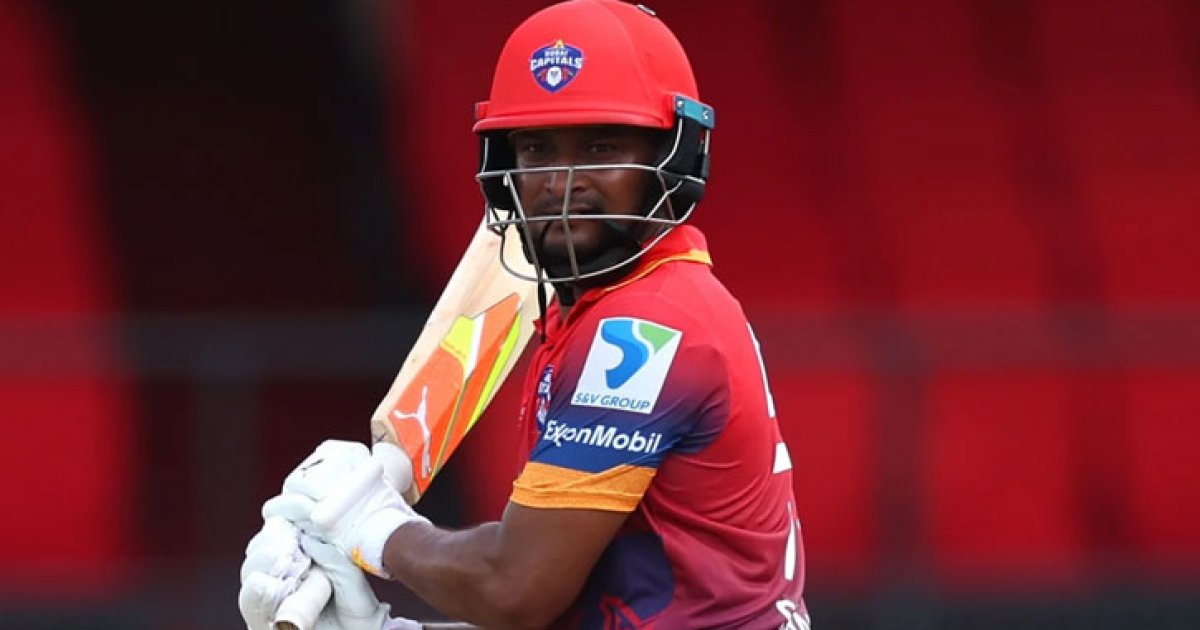

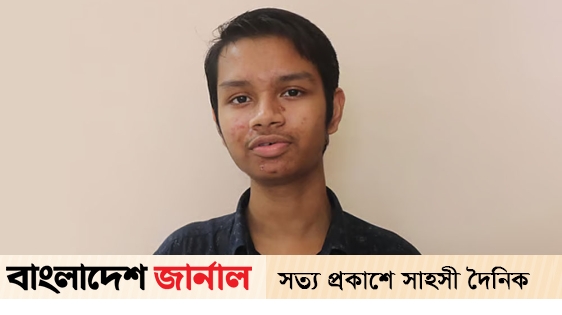

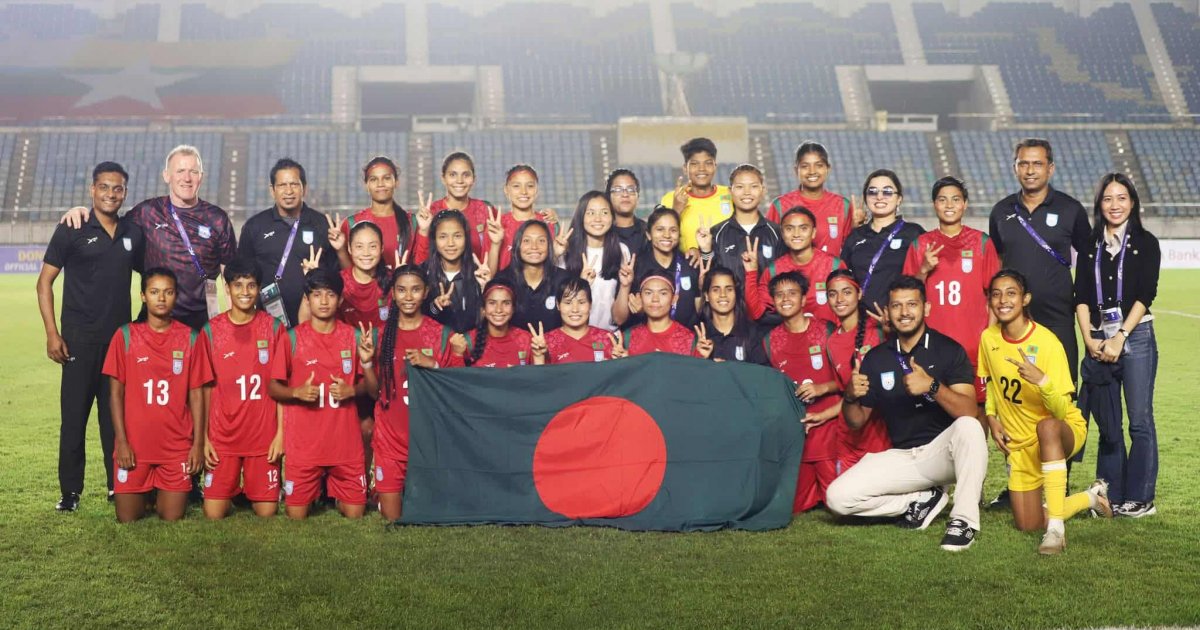

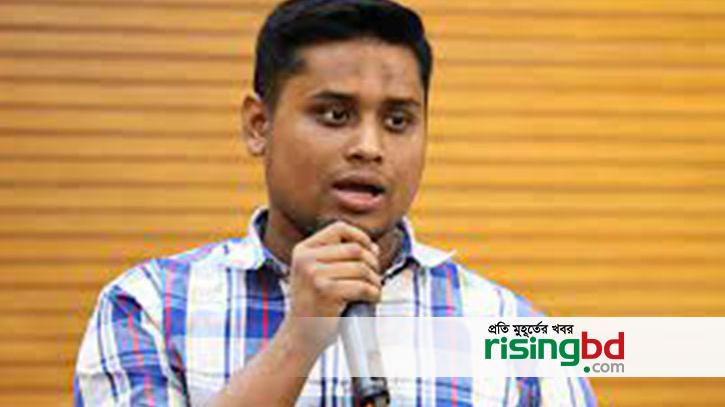
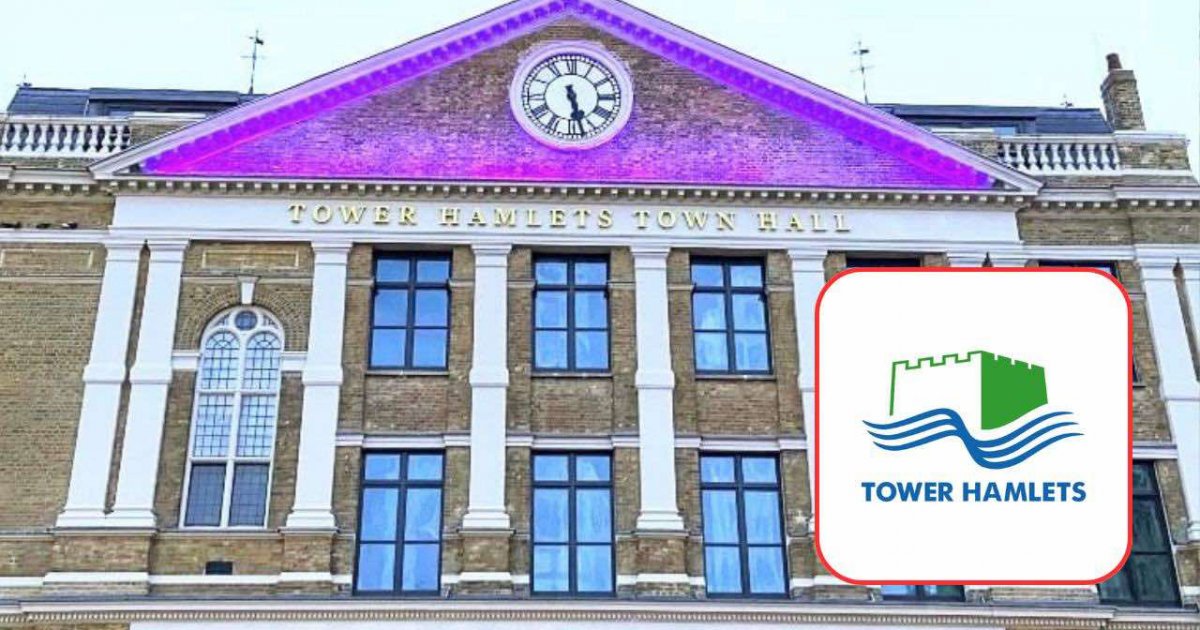
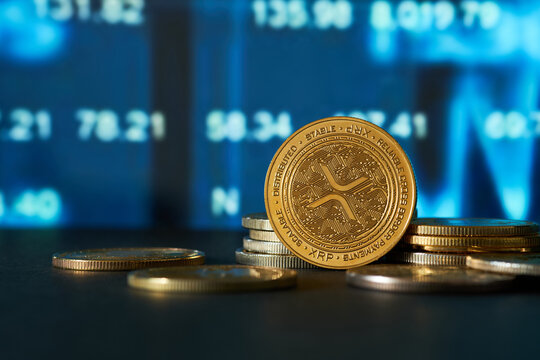

Leave a Reply